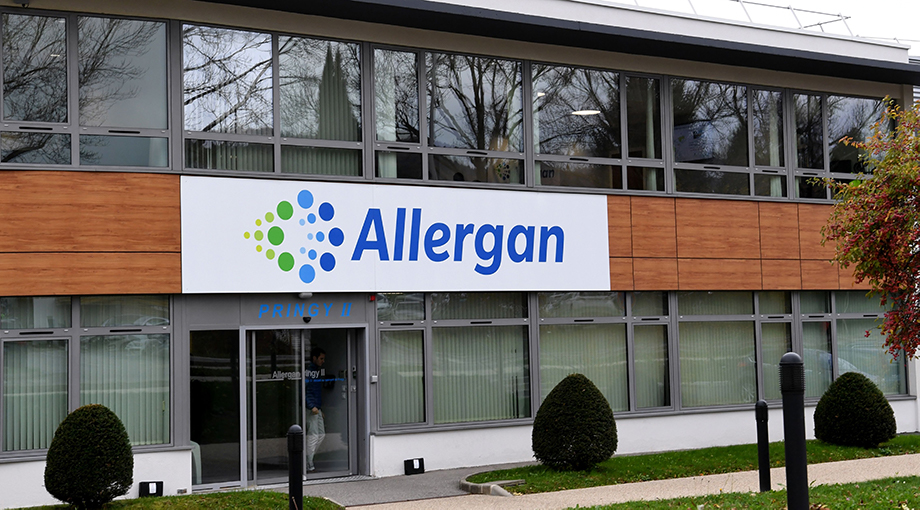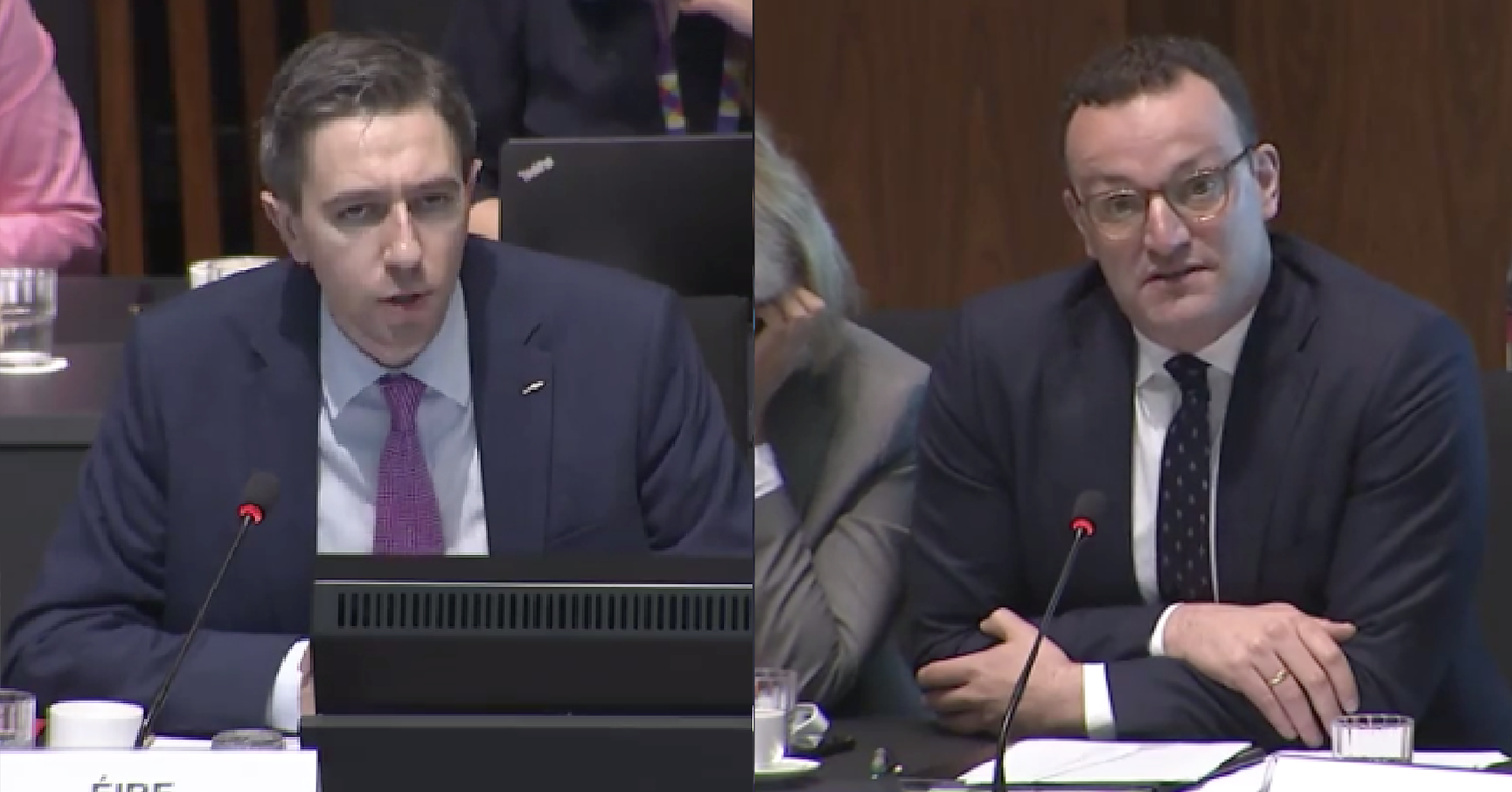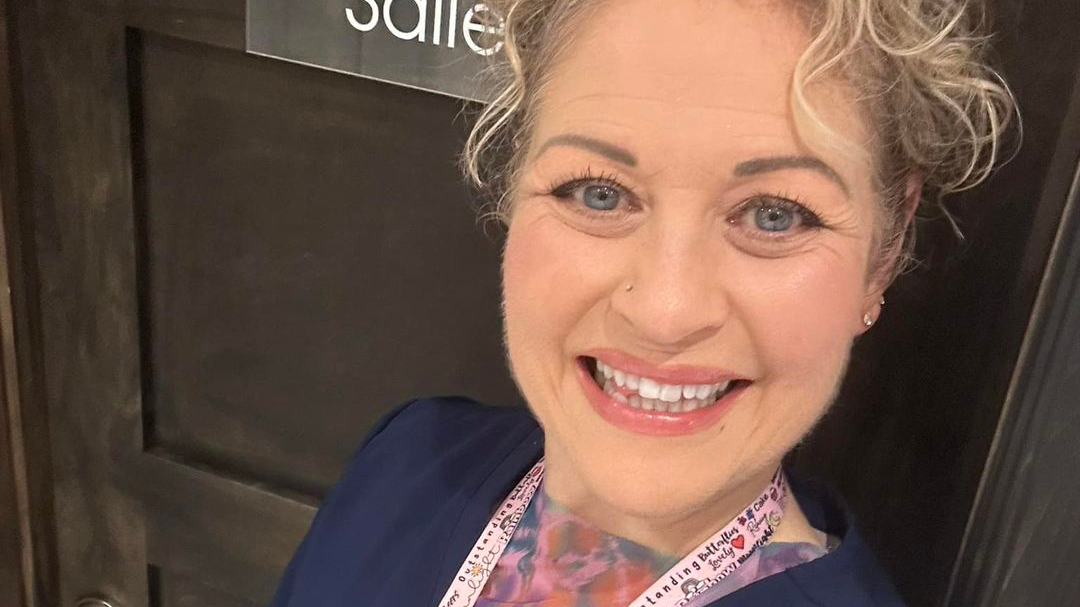Allergan will recall its Biocell textured breast implants worldwide after United States health authorities requested that it remove them from the market due to their association with a rare cancer of the immune system.
The announcement, which reflects the most sweeping recognition to date of the serious health risks associated with breast implants, comes after the U.S. Food and Drug Administration obtained new data showing that Allergan implants were linked to most known cases of the cancer, breast implant-associated anaplastic large cell lymphoma (BIA-ALCL).
“Once the evidence indicated that a specific manufacturer’s product appeared to be directly linked to significant patient harm, including death, the FDA took action to alert the firm to new evidence indicating a recall is warranted to protect women’s health,” said FDA Principal Deputy Commissioner Amy Abernethy, in a statement issued by the agency.
The company said the recalled implants, both saline and silicone, would no longer be distributed or sold in any market where they are currently available.
The International Consortium of Investigative Journalists reported last November that women around the world were continuing to report serious illnesses, including BIA-ALCL, after they had received breast implants.
Among the findings of ICIJ’s Implant Files investigation were that textured implants, which have a rough surface that is sometimes compared to sandpaper, were associated with higher risks of BIA-ALCL but regulators had not taken action.
The FDA’s statement today indicated that out of 573 unique cases of BIA-ALCL that it had identified globally, 481 were attributed to Allergan implants. Out of 33 patient deaths, 12 of the 13 for which regulators could identify the manufacturer had an Allergan implant at the time of their BIA-ALCL diagnosis.
“Our analysis demonstrates that the risk of BIA-ALCL with Allergan BIOCELL textured implants is approximately six times the risk of BIA-ALCL with textured implants from other manufacturers marketing in the U.S.,” the FDA said.
When women decide to get breast implants for reconstruction after mastectomy or for breast augmentation, they should not be putting their lives at risk for lymphoma – Diana Zuckerman
In a press conference today, the FDA said that its decision was heavily influenced by a sharp increase in BIA-ALCL death reports that it received in the last few months, which brought the total number of deaths from nine in February to 33 today. The agency said that nearly two-thirds of the total death reports – 21 out of 33 – came from outside the United States.
Textured implants represent only about one-tenth of the overall breast implant market in the United States, but as much as 80 percent of the market in countries in Europe and elsewhere, according to the FDA.
Anand Deva, a plastic surgeon in Sydney, Australia, who has conducted extensive research on BIA-ALCL, said the FDA’s recall request reflected an improved decision-making process that is informed by solid scientific data.
“What we’re seeing is the first sign that data and evidence is driving regulatory decision-making,” Deva said.
Allergan’s worldwide recall is the latest in a series of patient safety actions to follow the Implant Files.
Last December, a European oversight body declined to renew the certification for Allergan’s Biocell and Microcell implants, causing them to be suspended from European markets as regulators considered further action.
In April, France announced a sweeping ban on two categories of textured implants, macro-textured and polyurethane implants, due to their BIA-ALCL risks. Canada followed suit by banning Allergan Biocell implants, the only macro-textured implant model available in the country.
On July 11, Australia announced plans to ban or suspend 25 models of textured implants, and is now considering responses from manufacturers as it decides whether to enact the restrictions.
President of the National Center for Health Research Diana Zuckerman, who has called for stricter oversight of breast implants, said Allergan’s recall was a step in the right direction but did not eliminate the risks of BIA-ALCL.
“When women decide to get breast implants for reconstruction after mastectomy or for breast augmentation, they should not be putting their lives at risk for lymphoma,” Zuckerman said.
“This recall will reduce that risk but it won’t eliminate it, because the FDA has stated that not all women with BIA-ALCL had these specific types of implants.”
In its press conference, the FDA said that it was considering additional measures to protect patient safety.
The agency said it would soon announce updated labeling standards for breast implants, and that these might include a black box safety warning, which is reserved for products that pose the most serious health risks.
The FDA also said it might require a patient checklist, a document that briefly states the key health risks from breast implants which patients would sign before undergoing surgery. The agency is not recommending that women who currently have Allergan Biocell implants get their implants removed, unless they experience signs or symptoms of BIA-ALCL.







